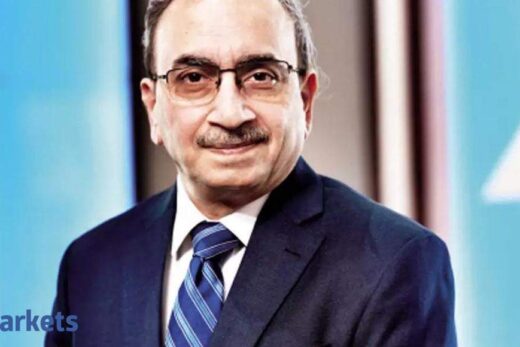While Kia Motors is looking to ramp up production, Toyota is all set to bring in new products and Hyundai aims to carry over its strategy of bringing in industry-first innovations to the market.
“As we move into the next year, we will look at operating three shifts at our manufacturing plant to meet the increasing consumer demand for Kia cars, and strengthen our ‘phygital’ model with our network to offer a seamless, safer and matchless customer experience in the post-COVID-19 digitised world,” Kia Motors MD and CEO Kookhyun Shim told PTI.
The company’s manufacturing facility in Anantapur district of Andhra Pradesh has an installed production capacity of around 3 lakh units per annum.
Shim noted that despite challenges, the company successfully made a foray into two new segments in 2020 and is currently the number four automobile player within just 16 months of its first product launch in the country. “We looked at COVID-19 challenges as a slew of opportunities to embrace the new normal by acknowledging the need for safe personal mobility which can be addressed by the power of technology,” he added.
The success of Kia’s third product – Sonet, with many industry-first innovations – reiterates the importance of advanced technology to solve urban mobility issues in context to the recent times, which will continue to be one of the biggest trends even in 2021, Shim said.
Similarly, Toyota Kirloskar Motor Senior Vice President (Sales and Service) Naveen Soni said that in order to cater to the enhanced demand in 2021, the company plans to expand its product line-up in a sustainable and phased manner to meet customer expectations.
“We would also like to focus on alternate mobility solutions such as electrified vehicles as a mid to long-term strategy,” he added.
Elaborating further, Soni said the company would expand its subscription and leasing service by taking it to more cities.
“Lastly, we also intend to increase our investments into our human development efforts, which is key to achieve the goals of creating an industry-ready talent pipeline, increased localisation and self-reliance,” he noted.
On Hyundai’s plans, MD and CEO SS Kim said: “With a deep-rooted commitment to the Indian market, we will continue with our plans and strengthen our leadership with technologically superior and industry-first innovations that are most relevant for our customers.”.
Similarly, Tata Motors MD and CEO Guenter Butschek said the company’s orders for domestic passenger cars were at an all-time high with demand exceeding production and market share improving.
“We remain focused on delighting our customers and comprehensively addressing their evolving mobility needs by introducing relevant products that are high on safety, efficiency, quality and comfort,” he added.
Honda Cars India Senior Vice President and Director Marketing & Sales Rajesh Goel said the company’s volumes have gained steadily after the successful ramp-up of its operations.
“This pandemic has also brought with it opportunities for everyone to transform themselves. Enhanced focus on ever important aspects of health, safety and hygiene will have lasting benefits for everyone,” he noted.
Elaborating on the auto retail business, Federation of Automobile Dealers Associations (FADA) President Vinkesh Gulati said despite the current challenges, the auto industry is now at the cusp of entering exciting times as India will once again increase its momentum to achieve the third position globally in passenger vehicle segment.
He noted that the pandemic has taught the auto retail industry to make tough choices to ensure that dealerships survive.
“Decisions such as rightsizing, financial prudence and adapting to the new normal were difficult but have eventually resulted in robust business models and improved efficiency. We are a resilient industry and automobiles remain an aspirational purchase,” he noted.



